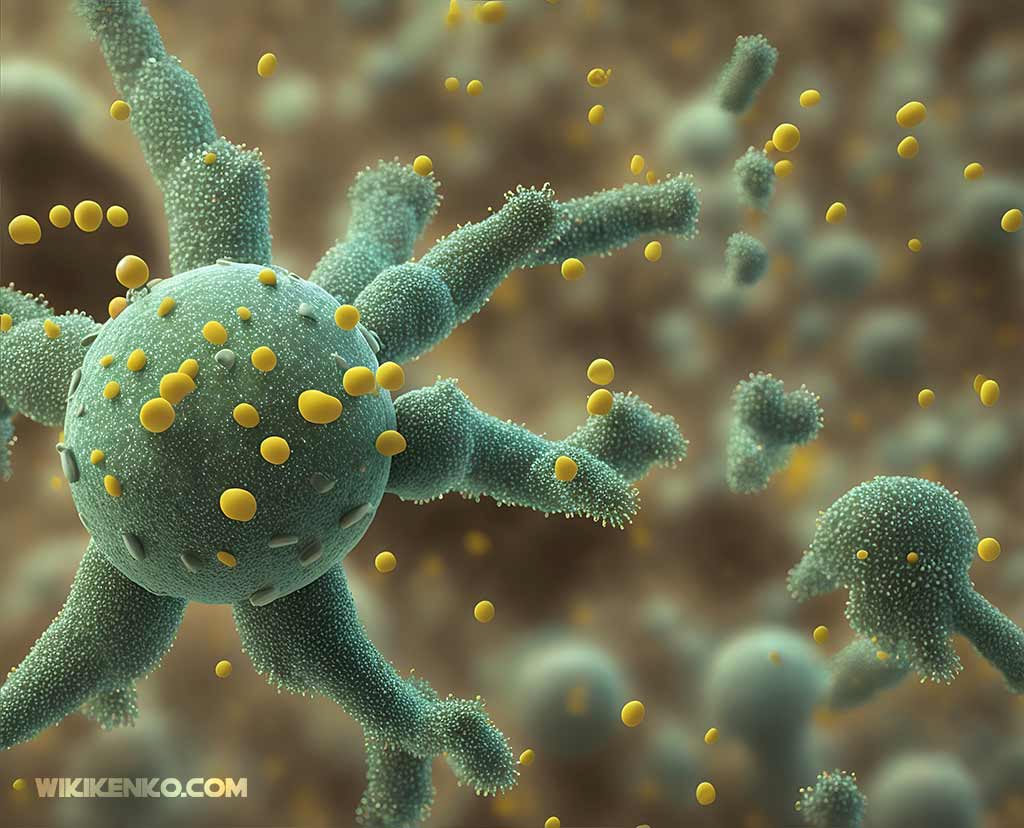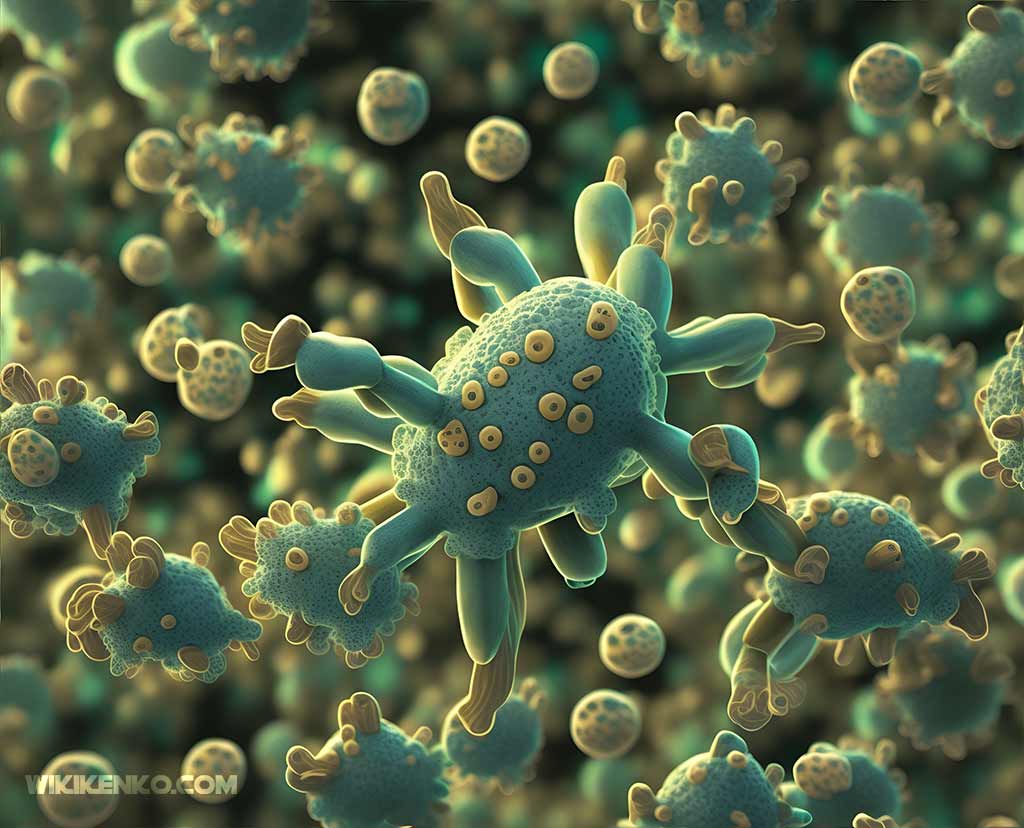In our ongoing battle against bacterial infections, the emergence of resistant bacteria poses a significant challenge. At Wikikenko, we are committed to providing you with the most up-to-date information. In this article, we will delve into effective strategies to counteract resistant bacteria and safeguard public health. Our aim is to equip you with comprehensive knowledge to combat this growing threat.
Understanding Resistant Bacteria
Resistant bacteria are microorganisms that have developed the ability to withstand the effects of antibiotics, rendering traditional treatments ineffective. This phenomenon arises due to various factors, including overuse and misuse of antibiotics, inadequate infection control measures, and genetic mutations within bacteria themselves.
Relevant articles: EU Plans to Make Antimicrobials Prescription-Only
Key Strategies for Overcoming Resistant Bacteria
1. Antibiotic Stewardship Programs
Implementing antibiotic stewardship programs is crucial to curb the emergence and spread of resistant bacteria. These programs promote the optimal use of antibiotics, ensuring that they are prescribed only when necessary and in the correct dosage. By minimizing unnecessary antibiotic use, we can slow down the development of resistance.
2. Enhanced Infection Control Measures
Effective infection control measures play a pivotal role in preventing the transmission of resistant bacteria. Stringent hygiene practices, such as proper handwashing techniques, sterilization of medical equipment, and adherence to isolation protocols, are vital in healthcare settings. Similarly, practicing good hygiene at home and in public spaces can contribute to reducing the spread of these organisms.
3. Development of New Antibiotics
To combat resistant bacteria effectively, it is crucial to invest in research and development of new antibiotics. Scientists and pharmaceutical companies need to work hand in hand to discover and produce innovative antibiotics that can overcome existing resistance mechanisms. Encouraging collaborations and providing adequate funding for such endeavors are essential steps toward this goal.
4. Combination Therapy
Combination therapy involves using two or more antibiotics simultaneously to target different aspects of bacterial survival. This approach can enhance the effectiveness of treatment and reduce the likelihood of resistance development. By combining antibiotics with different mechanisms of action, we can minimize the chance of bacteria adapting and becoming resistant.
5. Public Awareness and Education
Raising public awareness about the threat of resistant bacteria is crucial to bring about behavioral changes. Educating individuals about the appropriate use of antibiotics, the importance of completing prescribed courses, and the consequences of misuse can significantly contribute to reducing resistance rates.
Collaboration between healthcare professionals, policymakers, and the public is essential in spreading this awareness.
Relevant articles: The Link Between Gut Bacteria, TMAO, and Chronic Kidney Disease
Conclusion
Resistant bacteria pose a significant threat to global health, but with the implementation of strategic measures, we can effectively counteract their spread. By promoting antibiotic stewardship, enhancing infection control measures, investing in research and development, utilizing combination therapy, and raising public awareness, we can collectively combat this challenge. At Wikikenko.com, we remain dedicated to providing you with the latest information.
Remember, we must act swiftly and decisively to outsmart these resilient organisms. Together, we can overcome the obstacles presented by resistant bacteria and ensure a healthier future for all.
FAQs
What are the common factors contributing to the rise of resistant bacteria?
Overuse and misuse of antibiotics – Inadequate infection control measures – Genetic mutations within bacteria
How can I contribute to combating resistant bacteria?
Follow prescribed antibiotic treatments diligently – Practice good hygiene, including regular handwashing – Support antibiotic stewardship programs
Why is it important to develop new antibiotics?
Existing antibiotics are becoming less effective against resistant bacteria – New antibiotics can target different mechanisms and overcome resistance
Can resistant bacteria be completely eradicated?
Complete eradication is challenging but through comprehensive strategies, their impact can be minimized
What role does public awareness play in combating resistant bacteria?
Public awareness drives behavioral changes, such as responsible antibiotic use – It fosters a collective effort in reducing the spread of resistant bacteria






